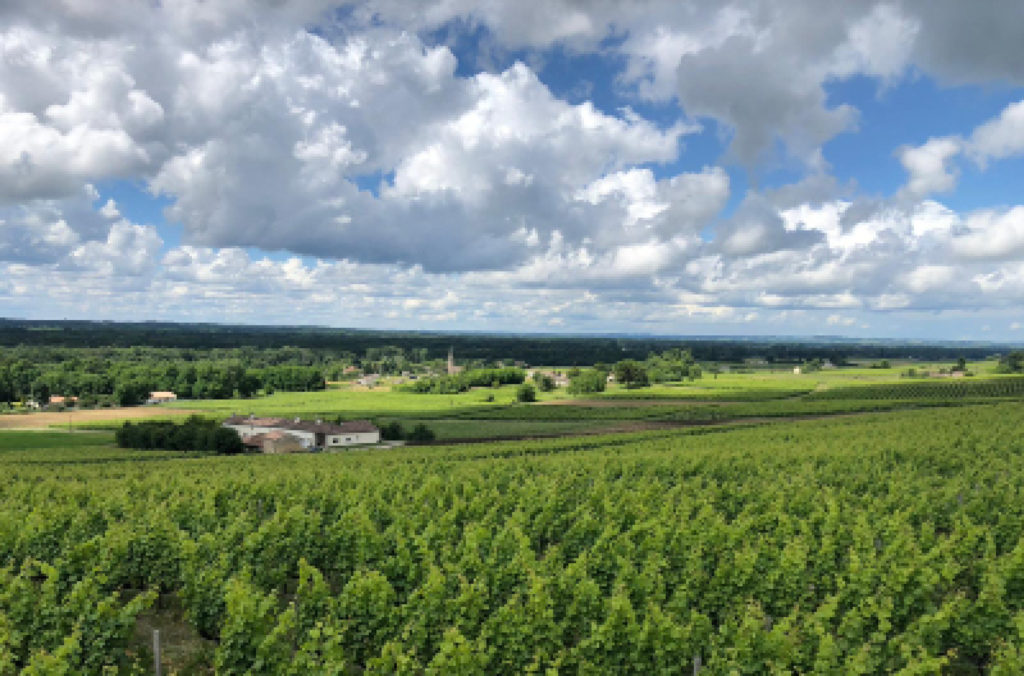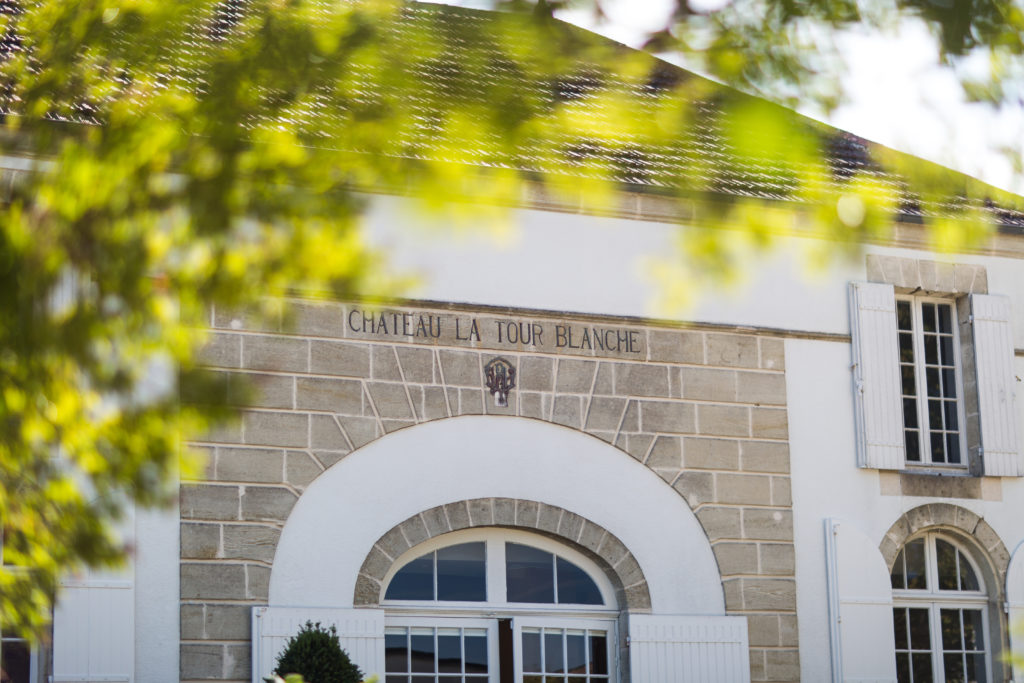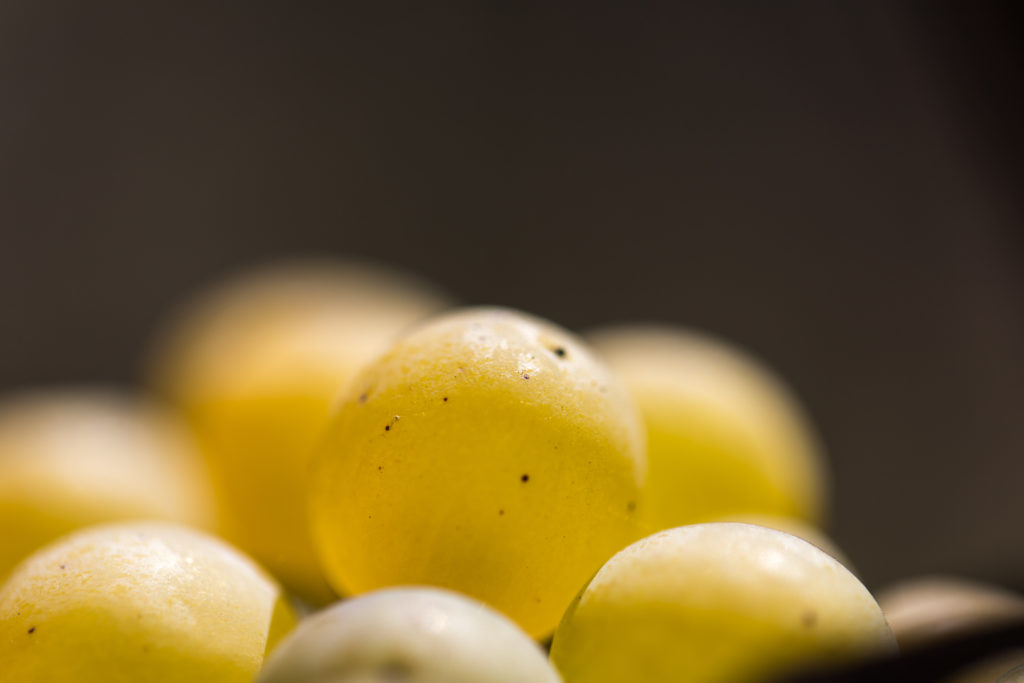ORGANIC TARGET 2023 !
- 5 sens
Our ORGANIC FARMING certification is launched! Already HVE and EMS certified since 2011, this is a new step to have our environmental performance recognised.
Biodiversity in the vineyard is very important, which is why we strive every day to protect it and encourage its development. The number of species contained in our vineyards is countless (fauna & flora). I would like to focus today on two species
Bees: These have little distance to cover, and therefore less energy to spend in the vineyards, and therefore fulfil their role as pollinating insects. They also ensure 80% of the pollination of the plant world, which allows the reproduction of flowers. That is the Reason why we have installed hives, in order to develop the activity of our beekeepers
Bats: The positive effect of bats in the vineyard is undeniable as they are a known predator of the butterflies responsible for grape worms. The largest species in Europe, the Great Bats, is not very common in France. It is only found in the south west of France, and in Gironde it is only found in the Sauternes appellation!
We also welcome an itinerant shepherd in March to “mow” our 46 hectares of vines naturally. The herd of 400 animals travels from Preignac to Bernos Beaulac (30km). From an ecological point of view, hedges represent an important reserve of biodiversity and creates habitats and sites of reproduction and feeding for several groups of species (insects, birds, mammals, reptiles, amphibians…). They also protect the soil against erosion, have a windbreak and thermal regulation effect, so we decided to re-plant them in our vineyard.
As part of our Organic Agriculture certification, we only use copper and sulphur (the equivalent of Bordeaux mixture). We work the soils and have banned pesticides and herbicides in favour of natural products such as green manure which we have been sowing for several years in the autumn, after the harvest we have mustard, red clover, oats, barley, radish and broad beans. We cut them in the spring, this practice offers a multitude of benefits to our soils, our vines and therefore our wines
Why plant cover crops?
![]() To decompact the soil thanks to the roots
To decompact the soil thanks to the roots
![]() To encourage soil life: the biological activity of the soil is boosted by the presence of vegetation: micro-organisms, earthworms, ….
To encourage soil life: the biological activity of the soil is boosted by the presence of vegetation: micro-organisms, earthworms, ….
![]() Increase soil organic matter: the plant matter of the cover crop (roots + aerial parts) feeds the soil.
Increase soil organic matter: the plant matter of the cover crop (roots + aerial parts) feeds the soil.
![]() Enrich the soil in nitrogen: a plant cover based on legumes or crucifers can feed the soil and the following crop.
Enrich the soil in nitrogen: a plant cover based on legumes or crucifers can feed the soil and the following crop.
![]() Retain fertilising elements in the soil: they are absorbed by the cover crop, which then makes them available to the following crop, avoiding their loss through leaching or their blockage by the soil.
Retain fertilising elements in the soil: they are absorbed by the cover crop, which then makes them available to the following crop, avoiding their loss through leaching or their blockage by the soil.
![]() Encourage the development of wild fauna: the cover crops provide shelter and food for wild fauna.
Encourage the development of wild fauna: the cover crops provide shelter and food for wild fauna.


